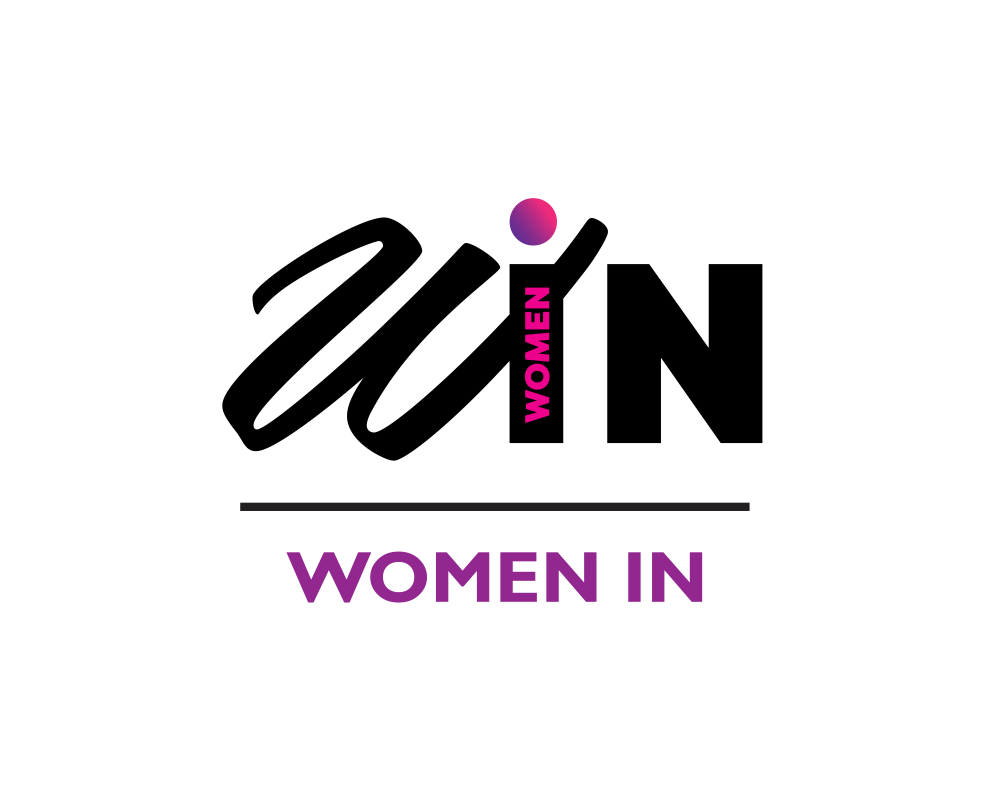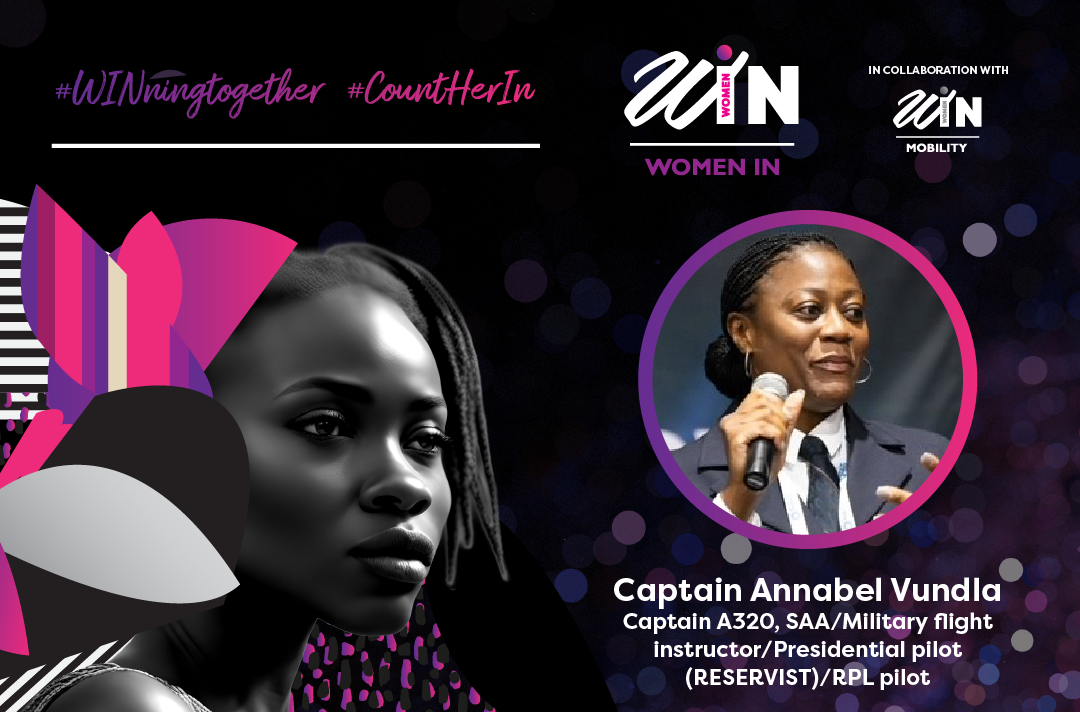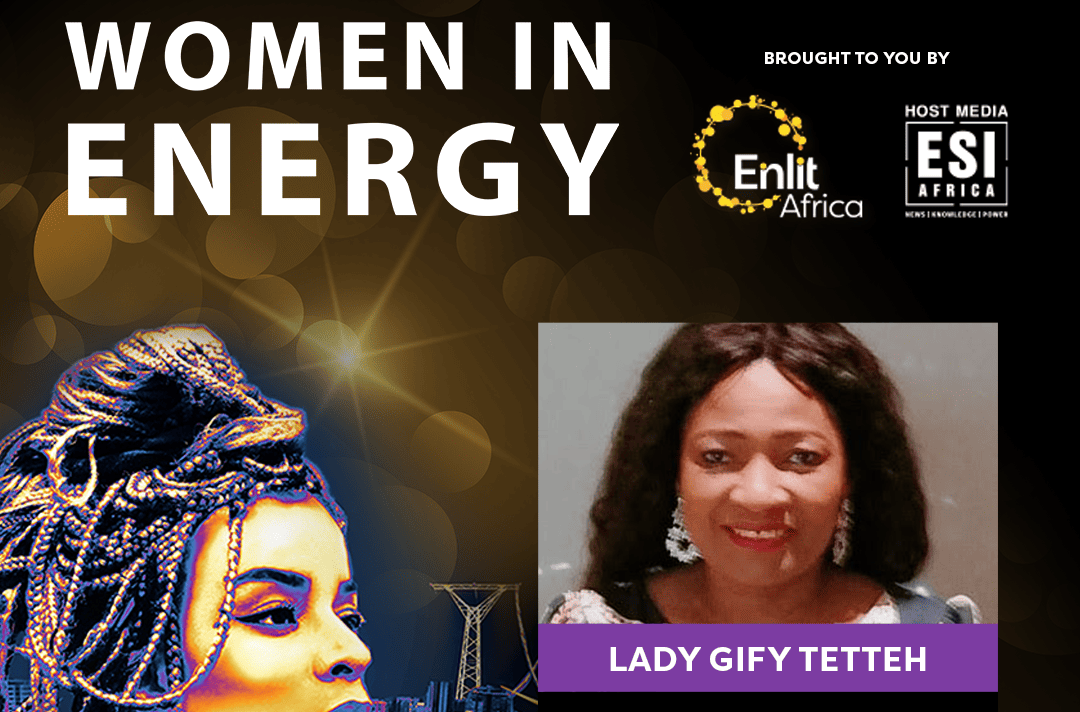Bio
Lady Gifty Tetteh was admitted to the Bar of England and Wales in 2000; she is a barrister and the Head of Chambers/CEO at Chambers of GD Tetteh in the United Kingdom; she is a member of the Honourable Society of the Middle Temple; and she was the first black woman to establish her Chambers in the Honourable Society of the Middle Temple. Lady Tetteh is the CEO of Rehoboth Chambers (Tetteh and Tetteh Advocates) in Ghana. She was admitted to the Ghana Bar in 2003 and is a Solicitor and Barrister of the Supreme Court of Ghana. In 2012, she was appointed a Notary Public in Ghana.
She obtained a Bachelor of Laws (LLB) with honours from London Guildhall University, a Postgraduate Certificate from the University of West of England, Bristol, and a Master of Laws in Oil and Gas (LLM) from Robert Gordon University – Aberdeen. Lady Tetteh is a listed Counsel/Advocate at the International Criminal Court – The Hague and serves as the Chair of the International Criminal Court Bar Association-ICCBA for 2021/2022 and 2022/2023. She has lectured local authorities across the United Kingdom on child/human trafficking, child protection and safeguarding issues as well as on the law in general. She is an entrepreneur, a mentor, a motivational speaker, and an author.
She is the founder and president of both the Africa Women in Energy (AWIE) and Africa Women in Farming Organisation.
She is a trustee for charities in the United Kingdom, a board member, and the UK Chairperson of the Heritage and Culture Society of Africa – HACSA. Lady Tetteh is the patron of Kaybobo Girls School in Nkwanta — (The Ghana Education Project). She is passionate about energy efficiency, sustainability, and empowering women to realise their aspirations and having their positions, skills and expertise recognised within their chosen industry of work.
Questions
What do you see as the role of women in ensuring energy security and resilience in the power sector?
The need for advocacy for sustainability is crucial in the sector and women often play a significant role in advocating for sustainable practices, renewable energy and environmental protection. Their involvement in the power sector can help prioritise sustainable energy sources, reduce carbon emissions, and promote eco-friendly technologies. Further, women can help bridge the gap between energy projects and the need for community involvement, ensuring that projects are culturally sensitive and socially responsible.
How do you hope to see women more included in the energy sector?
Encourage girls and women to pursue education and training in STEM fields, providing scholarships, mentorship programs, and targeted training opportunities. Another very important factor is the elimination of gender biases.
In addition, promoting female role models, and highlighting and celebrating the achievements of women in the energy sector can inspire and motivate other women to pursue careers in the field as well as encourage those who are already working within the sector.
How does your business actively encourage women’s empowerment and development?
At Africa Women in Energy (AWIE), we promote and encourage women through Diversity and Inclusion Policies. We encourage policies that would ensure that women receive equal pay for equal work, and we promote formal mentorship and sponsorship programs that pair female employees with experienced leaders in their sector who can offer guidance and advocacy for their career advancement. We promote the concept of flexible work arrangements, such as remote work options or flexible hours, to support work-life balance for women.
What message do you have for other women entering a male-dominated sector?
As you step into this challenging environment, remember that your presence is not only valuable but essential in reshaping the landscape of the industry. You bring diverse perspectives, fresh ideas, and innovative solutions that are desperately needed in male-dominated sectors. Do not let anyone make you feel like an outsider or question your abilities. You belong here, and you have every right to claim your space. Above all, remember that you are deserving of success and happiness.
What recent legal or regulatory changes do you think have the potential to make a positive impact on energy access in Africa?
Following the Paris Agreement and COP 27, African countries have been preparing for the energy transition by implementing policy and legislative frameworks that account for the energy crisis and the need for a renewable, decarbonized, decentralised energy supply that addresses climate change. Countries such as Egypt, Ghana, Kenya, Morocco, Namibia, Nigeria, South Africa, Tanzania, and Uganda have all outlined the steps their governments have taken to address the pressing need to harness renewable energy, which is anticipated to present investors with exciting opportunities in the African energy sector.
At a meeting in Lusaka, Zambia, the Executive Council of the African Union (AU) adopted the African Common Position on Energy Access and Just Transition (JET). The Commissioner for Infrastructure and Energy, Dr Amani Abou-Zeid emphasised the importance and major step towards ensuring and confirming Africa’s right to a differentiated path towards the goal of universal access to energy, ensuring energy security for our continent and strengthening its resilience, while at the same time acting responsibly towards our planet by improving the energy mix.
What opportunities do you see in Africa’s energy market?
Solar energy has the potential to become the primary energy source in all African countries. Africa has the highest solar potential in the world, with 40% of the world’s theoretical reserves. This presents a significant opportunity for the growth and development of the solar energy market in Africa. In addition to solar energy, Africa has great endowments and potential in other renewable energy sources such as water, wind, biomass, and geothermal energy.









